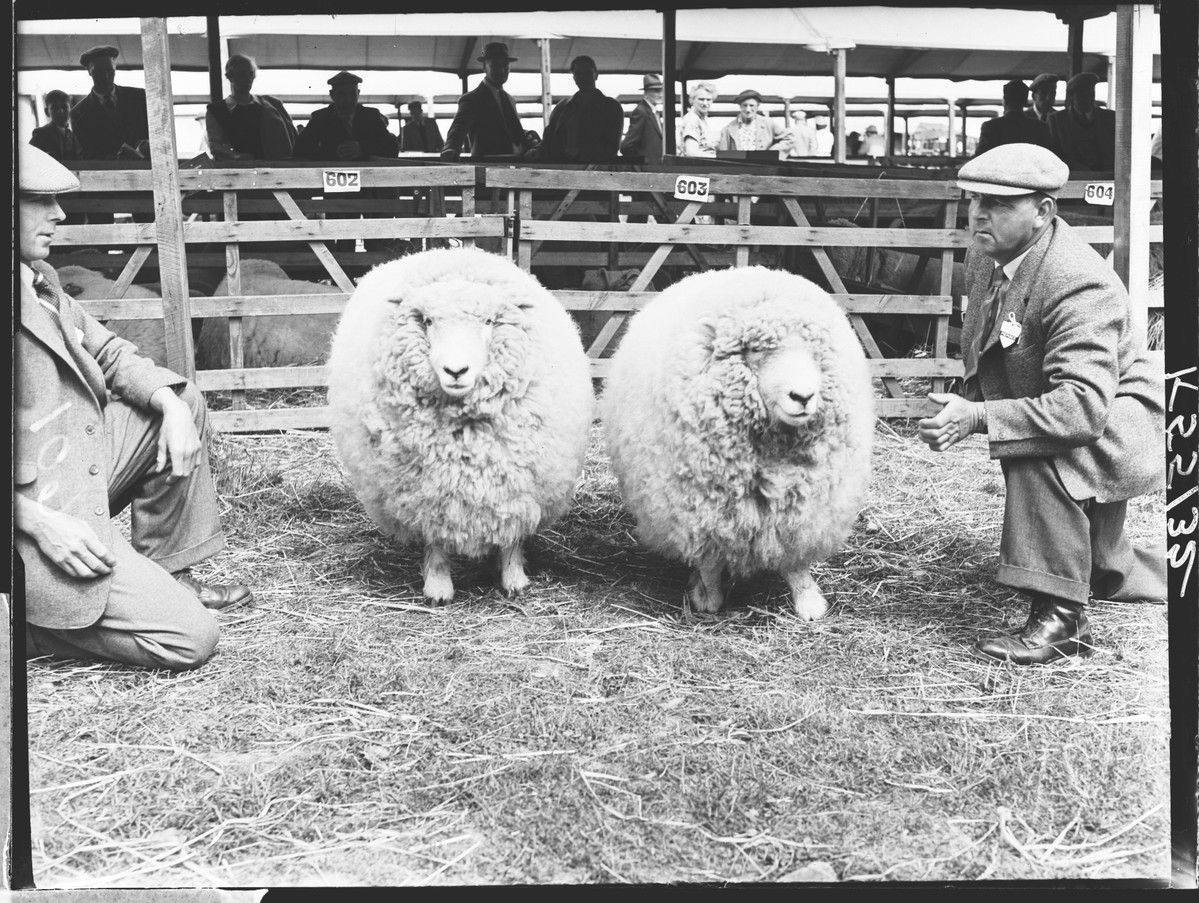
if this asteroid would slow down even just a tiny bit we would love to invite them to The Museum of English Rural Life
edition.cnn.com/2021/08/24/wor…
edition.cnn.com/2021/08/24/wor…
next time it comes close to Reading perhaps it could just pop in
asteroid, as a symbol of our gratitude, we offer you this scone
please don't give the scones any ideas
https://twitter.com/weirdybeardyLBP/status/1430561861481738240
Rural History Museum Struck by Fast-Moving Scones
https://twitter.com/EaglePursuit/status/1430561833459531778
'They quite literally got what they asked for', area man says.
people often debate whether Pluto is a planet, but rarely do they stop to think whether it chooses cream first or jam first
https://twitter.com/joylovemiao/status/1430562491566862338
to solve the world's greatest problems, sometimes you have to think outside the box, at others you have to extend to the fastest-ever asteroid the offer of a scone
possibly but we wouldn't recommend covering the latter with cream and jam
https://twitter.com/dsherman2407/status/1430563644220260354
that said: it is really good cream and jam
For more information about our café offer (for humans and fast-moving asteroids alike), please head to the museum website!
merl.reading.ac.uk/visit-us/cafe/
merl.reading.ac.uk/visit-us/cafe/
• • •
Missing some Tweet in this thread? You can try to
force a refresh









